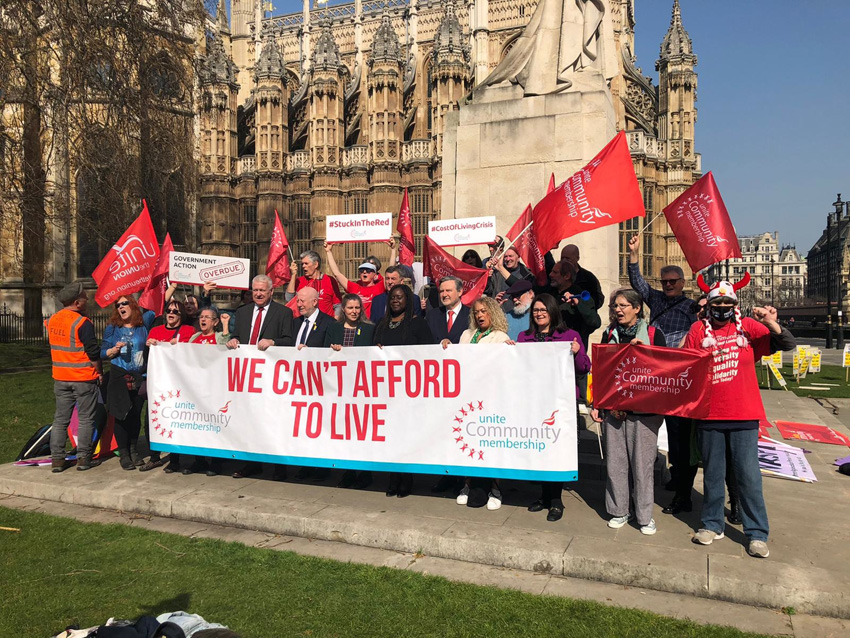THE Bank of England has warned the UK is facing its longest recession since records began, as it raised interest rates by the most in 33 years from 2.25% to 3%.
In its outlook for the UK economy, it said the country faces a ‘very challenging’ two-year slump and unemployment will nearly double.
The rise takes borrowing costs to their highest since 2008, when the UK banking system faced collapse and workers faced years of savage cuts.
The Bank says that the cost of living is rising at its fastest rate in 40 years, leaving millions of households facing hardship.
The Bank now believes the economy had already entered a ‘challenging’ downturn this summer, which will continue next year and into the first half of 2024.
The downturn will be the longest since records began in the 1920s, the Bank said.
Bank of England governor Andrew Bailey told a press conference that yesterday’s forecast shows ‘there is a tough road ahead’.
He said the sharp increase in energy prices as a result of Russia’s invasion of Ukraine has made the country poorer, but added that he is convinced that the economy will recover.
‘We cannot pretend to know what will happen to gas prices,’ Bailey added. ‘That depends on the war in Ukraine.’
He acknowledged that eight rate rises since last December are ‘big changes and they have a real impact on people’s lives’.
But he warned: ‘If we do not act forcefully now, it would be worse later on.’
Chancellor Jeremy Hunt said inflation was ‘weighing heavily on families, pensioners and businesses’ and the government’s ‘number one priority’ was to ‘grip’ it.
‘Interest rates are rising across the world as countries manage rising prices largely driven by the Covid-19 pandemic and Putin’s invasion of Ukraine,’ he said.
‘The most important thing the British government can do right now is to restore stability, sort out our public finances, and get debt falling so that interest rate rises are kept as low as possible.’
This advice comes as the cost of living is rising at its fastest rate in 40 years, with prices increasing by 10.1% in the year to September.
The Bank believes by making it more expensive to borrow and encouraging people not to spend money, will ease prices as the economy slumps.
People who have mortgages, credit card debt and have taken out bank loans will be hit the hardest.
The Bank’s forecast is that if interest rates continue to rise, those whose mortgage deals are coming to an end could see their annual payments soar by £3,000.
